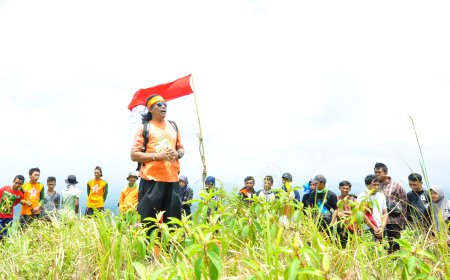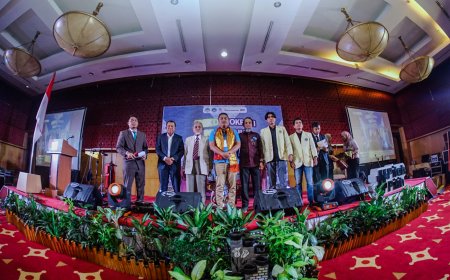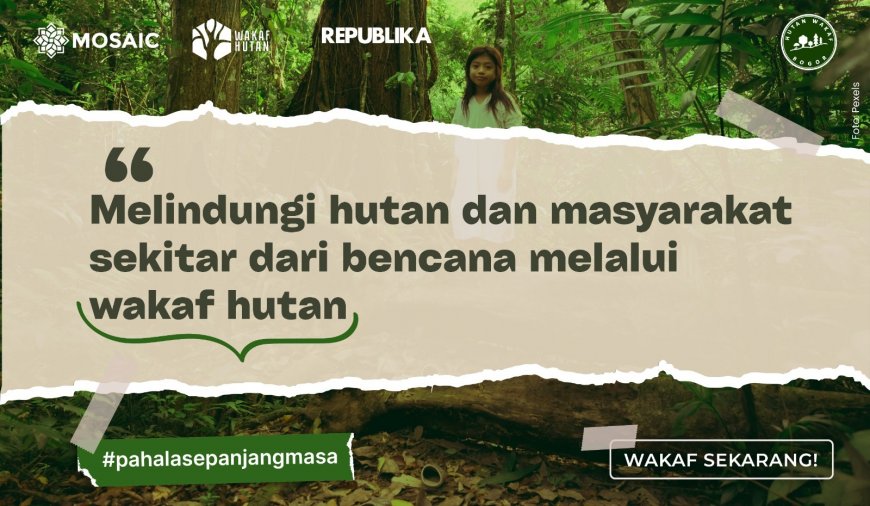IYCA is optimistic that cross-faith youth can be agents of change capable of presenting the future.
IYCA is optimistic that interfaith youth can be agents of change capable of presenting the future.
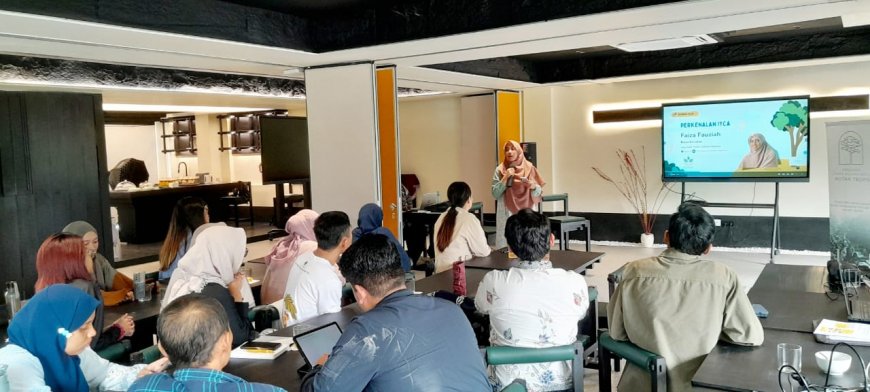
MOSAIC-INDONESIA.COM, TANGERANG — The Interfaith Youth Climate Alliance (IYCA) organized the Community Gathering “Ngobrol Klima” in Tangerang, Banten, Saturday (12/10/2024).
Faiza Fauziah, Coordinator of IYCA, explained that the Community Gathering “Climate Chat,” is a platform to introduce IYCA to other environmental activists. In addition, IYCA is looking to open discussion spaces as well as collaboration potential for larger and sustainable initiatives.
“Climate change is a global challenge that requires cross-sectoral and cross-faith collaboration. IYCA is here to encourage the engagement of young people from different religious backgrounds in confronting climate change, through cross-faith and community collaboration,” Faiza said.
“We hope this event can be a first step towards building stronger synergies and cooperation between IYCA and other environmental communities in dealing with climate change,” Faiza added.
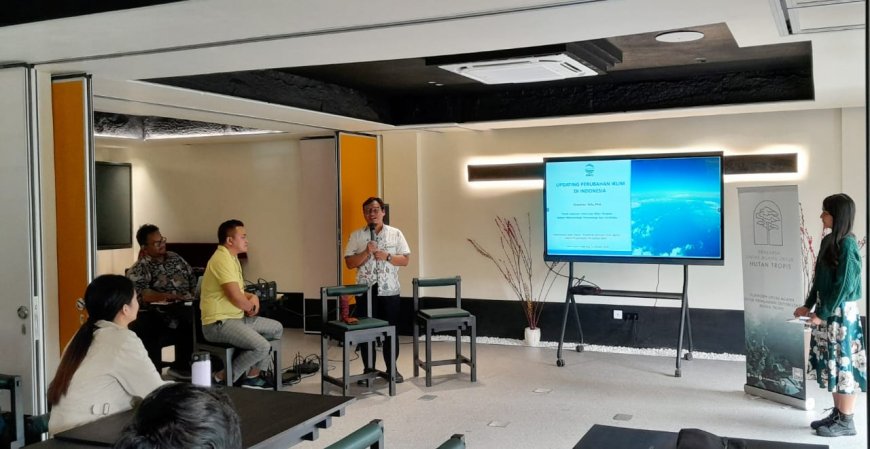
In his speech, National Facilitator of Indonesia's Interfaith Rainforest Initiative-IRI, Dr Hayu Prabowo stressed the importance of the role of youth as agents of change capable of presenting real solutions to the challenges of the environment, litter, and climate change.
“As interfaith youth, we should have a great responsibility to not only bear witness to these challenges, but to find solutions that have a positive and real impact in people's daily lives,” Hayu said.
He hopes that this community meeting can generate collaboration in the form of combining actions or programs, participation as speakers, media partners, and learning platforms.” This meeting is the first step of a long, hopeful journey,” Hayu said.
Through strong collaboration and unyielding spirit, IYCA is optimistic that cross-religious youth can become agents of change capable of presenting a more sustainable future, especially in tropical forest preservation efforts and climate change control.
The event presented a panel discussion on the topic “Cross-religious Youth Collaboration in Climate Change Control” with co-speakers at the Center for Applied Climate Information Services of the Meteorological Agency for Climatology and Geophysics (BMKG) Siswanto, MSc., PhD., and MANKA Director, Juliarta B. Ottay.
The Panel Discussion discussed updates on the facts and impacts of climate change in Indonesia, the challenges and opportunities of future generations, the potential role of youth and collaboration in climate change control, as well as examples of actions, initiatives, and forms of collaboration.
BMKG researcher Siswanto, MSc., PhD., revealed that failures in climate change mitigation and adaptation have become the biggest global risk threatening the future of humanity.
He pointed out that greenhouse gas emissions continue to rise, leading to accelerating global warming. The impact is already being felt around the world, ranging from extreme heat waves, droughts, floods, to sea level rise.
“If we do not act immediately to reduce emissions and adapt to climate change, we will face very serious consequences for human life and the planet,” Siswanto said.
He also said climate data and information could be used to support ongoing efforts. According to him, accurate and up-to-date information on climate change, weather patterns, and environmental conditions enables stakeholders to make more informed and effective decisions in dealing with environmental challenges.
Juliarta B. Ottay, Director of the Mandala Katalika Association (MANKA), said that climate change is a global challenge that requires collective action from all parties, including youth. He stressed that the younger generation has great potential as change agents and innovators in climate change control.
“Cross-sector collaboration is essential to strengthen the role of youth in achieving sustainable solutions,” Juliarta said.
He exemplifies several forms of collaboration that can be done, such as multistakeholder engagement on climate issues, strengthening legislation on climate justice, and the establishment of an international youth network for advocacy of policy change.
Juliarta also highlighted the importance of digital platforms as a forum for sharing experiences and solutions in environmental and climate issues. “Digital platforms can be a bridge for youth to learn from each other and collaborate in finding innovative solutions,” he explained.
He hopes that, with the active and collaborative role of youth, climate change can be addressed and a better future for the earth can be realized.
In addition to panel discussions, the event also hosted a discussion group on the topic “Youth Capacity Building in Climate Mitigation Adaptation”. The event was attended by participants consisting of representatives of the environmental community, youth activists, as well as the general public with an interest in climate change issues and cross-faith collaboration.

